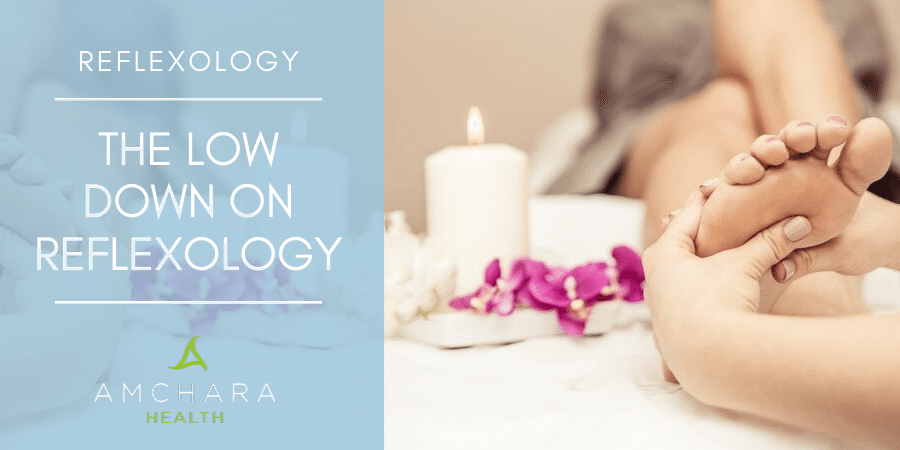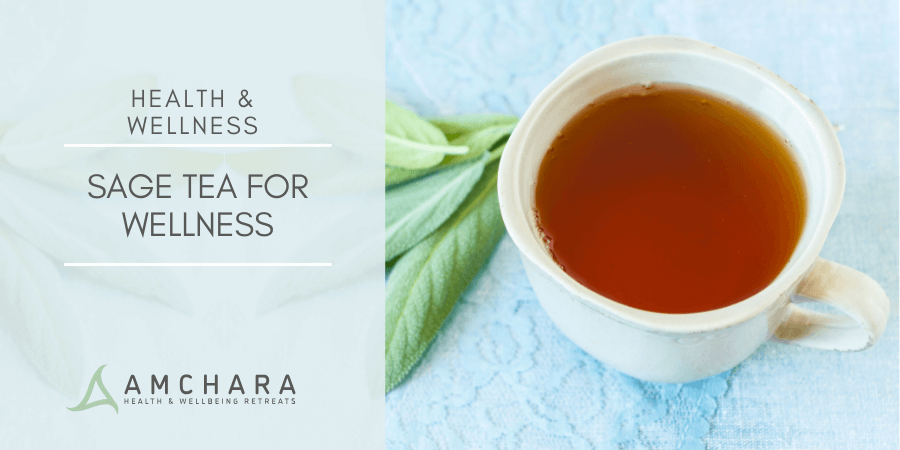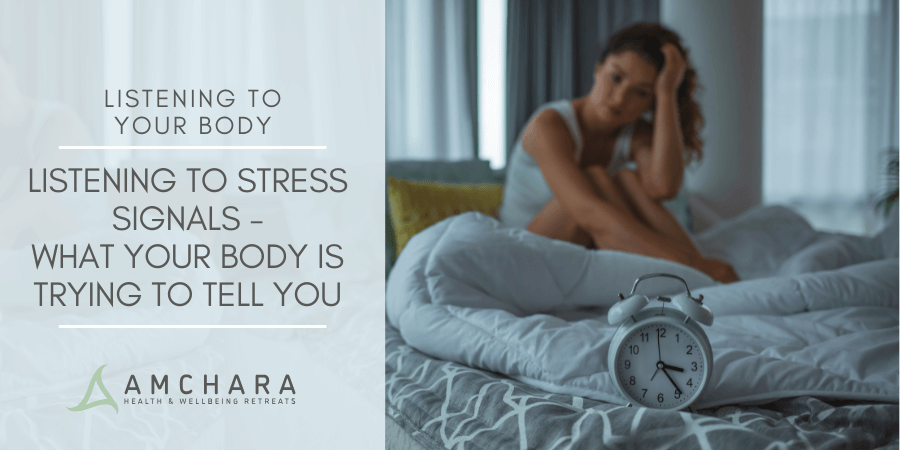Topics Covered in this article:
Reflexology has been around since the early 1930s – despite this there can still be confusion as to what it involves, its effects on the body and areas of health that it may benefit.
We are dedicated to providing informative and insightful evidence-based content and in this article we examine the origins of reflexology and how it may benefit many aspects of health.
A brief history of reflexology
In the early 1900s, two American doctors, Dr William Fitzgerald and Dr Joe Shelby Riley, were seen as trailblazers who set the path for modern reflexology.
The development of ‘zone therapy’ worked on the principle that areas on the hands and feet reflected other areas in the body and when pressure was applied to certain points it had an effect on pain elsewhere.
Eunice D. Ingham, a physiotherapist who worked alongside Dr Joe Shelby Riley, continued to develop and refine the principles behind zone therapy, and for 40 years she educated and wrote about ‘compression reflex massage’.
Modern reflexology is heavily influenced by the work of Eunice Ingham and the maps or charts of corresponding body parts on the feet or hands she developed.
How reflexology works
One of the ways reflexology is thought to work is through the stimulation of specific reflex points that may provide communication links to other nerves with influences elsewhere.
It may involve involuntary parts of the nervous system, such as the autonomic nervous system that deals with the stress response and the body’s ‘rest and digest’ functions, or it may influence neurotransmitter balance, leading to alterations with nerve signalling and communication.
Other ways in which reflexology is thought to have an influence is through the alteration of energy flow within the body.
In ancient Eastern cultures, the ‘lifeforce energy’ or ‘vital energy’ that flows throughout the body, called Qi (Chi) by the Chinese and Prana in Ayurvedic medicine, flows in several channels that may become blocked.
The stimulation of certain points is believed to release or redirect flow and so restore function and health.
Other factors that could be considered to have a therapeutic effect include touch – the impact of touch on the body can be profound and can lead to the release of feel good and pain relieving chemicals such as endorphins.
Some people may argue there is a placebo effect with reflexology whereby the person believes the therapy will help and so it does.
Whether it is through restoring energy flow, the release of endorphins or stimulation of nerve pathways, the evidence is showing reflexology demonstrates various benefits for health.
Health benefits of reflexology
- Pain
Pain can occur for many reasons, not always from an obvious injury.
Referred pain describes pain that occurs at a different site to where the issue originates.
Reflexology has been shown to be of use for pain that occurs for a variety of different reasons.
A double blind controlled trial showed those with chronic lower back pain benefited from regular reflexology session and had a reduction in pain scores (1).
Arthritis sufferers are also shown to benefit.
Pain associated with multiple sclerosis has also been shown to improve by 50% with ten weeks of reflexology therapy (2).
Migraine intensity, duration and frequency were all reduced in patients receiving reflexology (3).
Reflexology has also been shown to reduce fibromyalgia pain in the head, neck and arms, with ten weeks of therapy (4).
Cancer pain may also be reduced with regular reflexology session and studies show less pain in breast cancer (5) and also in metastatic cancer (6).
A large proportion of hospices and hospitals now offer reflexology to cancer patients.
- Anxiety and stress
A large part of the UK population suffers with mental health problems such as depression, anxiety and stress.
Stress can have a profound, negative impact upon health and reflexology has been shown to reduce the stress hormone cortisol and influence the stress response.
Reduced anxiety is seen in cancer after regular reflexology and post-operative anxiety may also be improved (7).
Improvements to mood have also been seen with regular self-administered reflexology.
- Fatigue and sleep
Feeling ‘tired all the time’ (TATT) or ‘ tired but wired’ is becoming increasingly common.
Often associated with stress and overwhelm, the symptom of fatigue can occur for many reasons and several chronic conditions give rise to fatigue.
Insomnia or poor quality sleep is associated with fatigue during the day and restoring natural sleeping patterns impacts fatigue greatly.
Studies into whether reflexology may benefit fatigue have shown significant improvements in the elderly, cancer patients and those with insomnia (8).
- Cardiovascular support
The overall health of the cardiovascular system can be influenced by many factors – the health of arteries, blood flow, blood pressure and heart rate all play a role in the development of cardiovascular issues, such as hypertension and stroke.
Reflexology has produced mixed results when it comes to the cardiovascular system; some studies indicate a reduction in blood pressure (9), whilst others show reflexology can cause an immediate increase in blood pressure (10).
Further studies into the long term effects of reflexology on blood pressure may give more indication as to how it may support cardiovascular health.
- Pre-menstrual symptoms
Pre-menstrual syndrome (PMS) brings many physical and psychological symptoms which vary from woman to woman.
Research indicates reflexology may aid in alleviating a variety of PMS symptoms. One single blind controlled trial showed a 23% reduction in PMS symptoms compared to a control group (11).
In another small study involving 30 women, 18% of participants reported no PMS symptoms following reflexology (12).
Why use reflexology
There are a variety of reasons why reflexology can be a good choice of therapy, including the following:
- High level of safety
- Non-invasive procedure
- Free from drugs or harmful chemicals
- Safe with other treatments e.g. cancer treatments
- Very few side effects
- Aids a variety of situations
- Provides physical, emotional and spiritual support
- Can be self-administered following guided instruction
They can use functional medicine techniques to investigate other factors that may be playing a role in your health.
Did you find this article useful?
Have you tried reflexology?
What was your experience?
We believe that sharing knowledge and experience is an important part of achieving optimal health and would love to hear your views and experiences.
Read this next:





